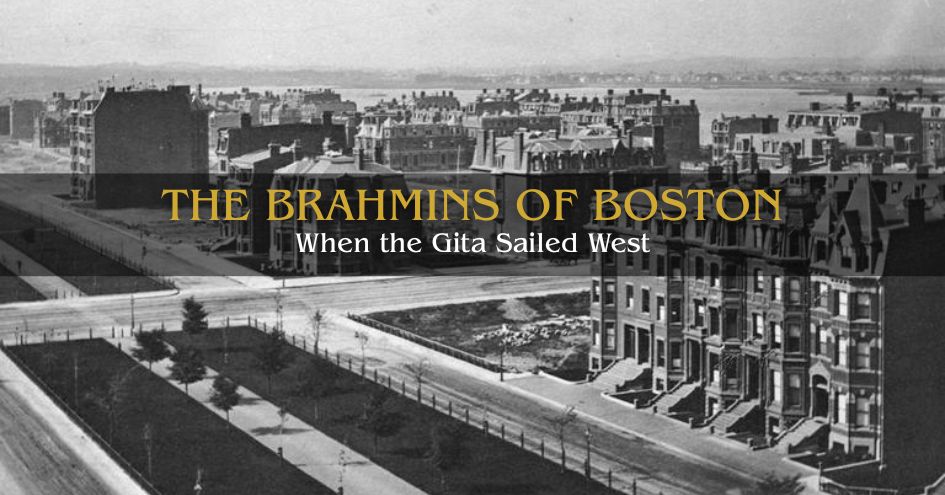
In the bustling age of global trade, Boston—a thriving port city on America’s eastern coast—stood tall as a beacon of commerce. In the early 18th century, merchant ships from distant India regularly touched its shores, bringing with them the heady fragrances of spices, the sheen of silk, the softness of cotton, and crates of tea from China. India's maritime prowess was unmatched—over 150 ships capable of carrying 100 tons, and a rare elite of 15 vessels that could haul a thousand. Indian craftsmanship in shipbuilding was globally admired.
Yet, there was a curious dilemma. These grand ships, laden with treasures for export, found little of value to import from America. What could the East possibly need from the West? India was, after all, the land of abundance. Ships returning home were often empty—an imbalance that troubled the mariners. To maintain buoyancy, they filled the holds with ballast—stones, sandbags, even seawater. Ironically, even sea salt from Britain was brought as ballast and forcibly marketed in India, a stark reminder of colonial absurdity.
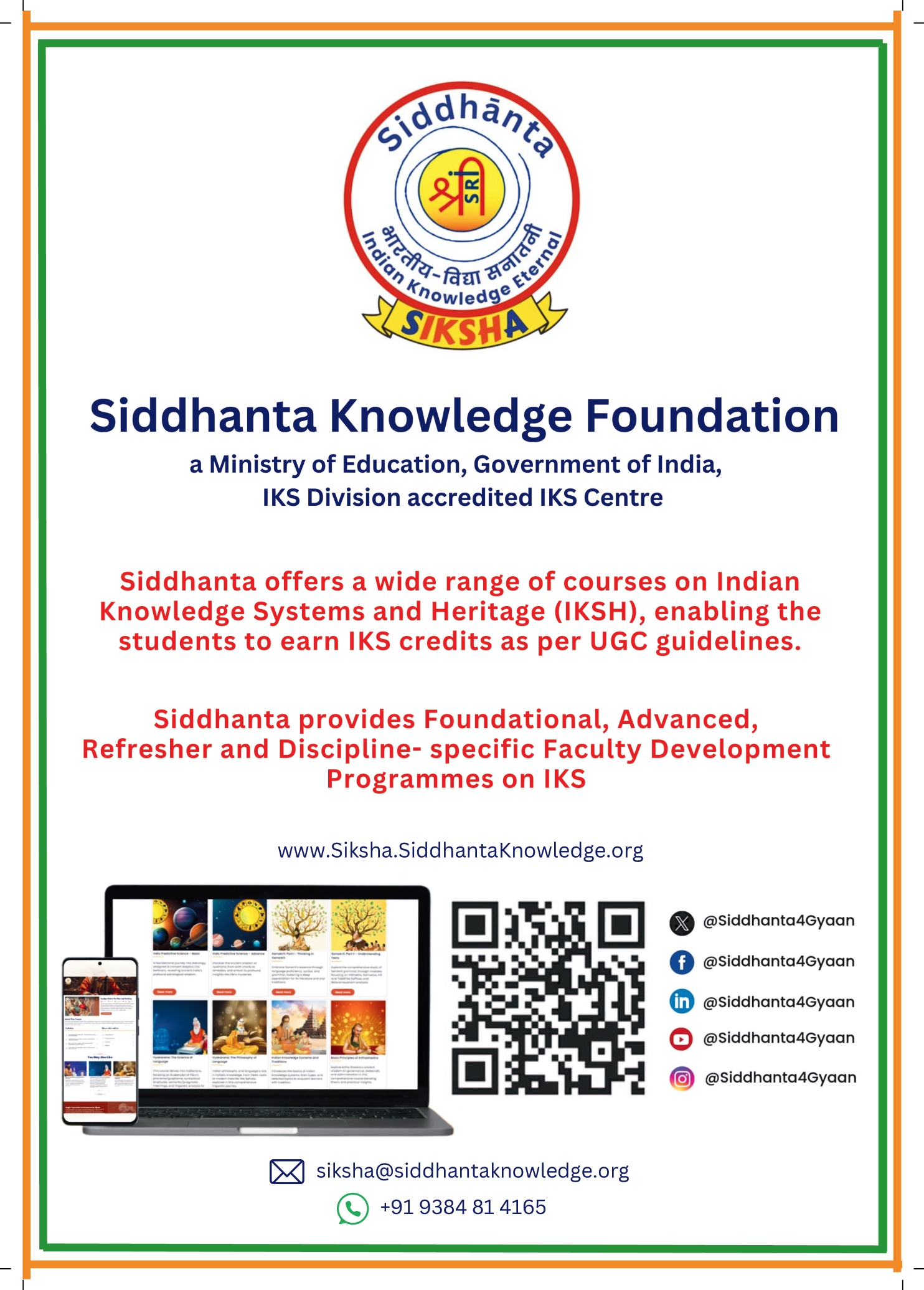
Then came Frederick Tudor, a shrewd Bostonian entrepreneur who found fortune in frost. In an age without refrigeration, he began shipping blocks of ice—solid, shimmering, and neatly packed—from the Boston harbor to India. Despite the months-long sea voyage, his careful insulation ensured the ice reached sweltering colonial outposts intact. For sun-drenched Europeans stationed in India, it was a luxury they never knew they needed. Ice, and Christian missionaries—both became exports of empire.
But India needed neither. Yet for Tudor and the missionaries, profit cloaked in piety made both enterprises immensely lucrative. And thus, along with ice and Bibles, the West also began exporting its spiritual doctrines—sometimes with force, always with arrogance.
But in 1833, the tide of history quietly shifted.
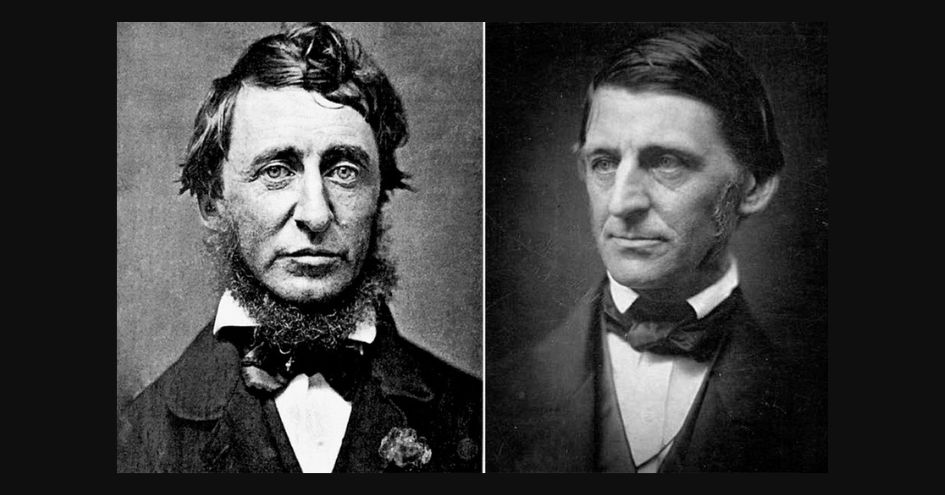
Among the cargo of a ship departing India for Boston was a small, unassuming parcel. It was not meant for a trader or a bishop, but for a woman named Mrs. Moody Emerson. Inside it was a single book, wrapped not just in cloth, but in cosmic purpose.
The Bhagavad Gita had begun its voyage westward.
Unbeknownst to the crew, this book was no ordinary scripture. It would succeed where missionaries had failed. It would spark a spiritual revolution, not with fire and brimstone—but with stillness, introspection, and truth. Had the clergy of that era known what this book would awaken, they might have banned its passage outright.
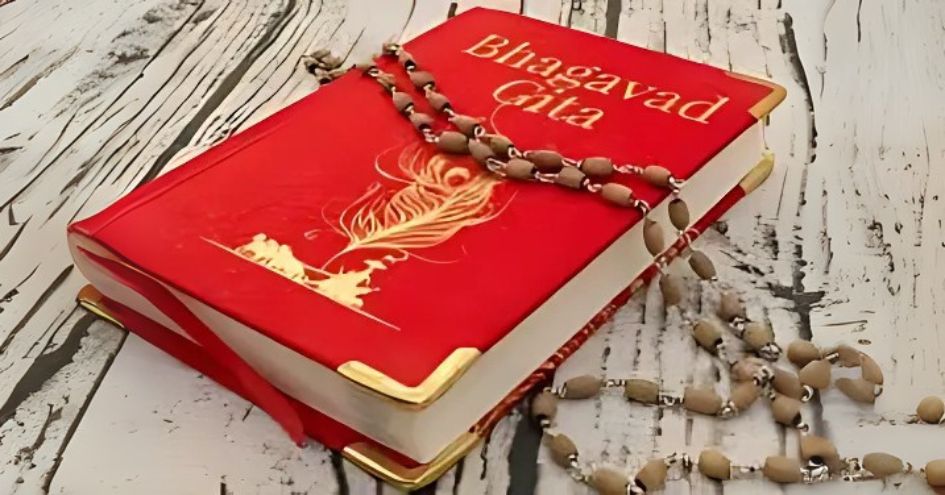
The Gita reached Boston, and into the hands of Mrs. Emerson—whose adopted son, Ralph Waldo Emerson, was a minister. But Ralph was no ordinary preacher. Haunted by questions and disillusioned by dogma, he turned inward. "Why worship the ancestors of a dead prophet?" he asked. “God dwells within me.” In a time when questioning the Bible was heresy, Emerson dared to walk away from his pulpit and steady paycheck.
His mother, sensing a spark in her son, had requested that very copy of the Bhagavad Gita from India. It arrived like Ganga waters in a desert land.
Emerson was transformed. So too was his friend and fellow seeker, Henry David Thoreau. The Gita quenched their existential thirst. Together, they formed the Transcendental Club, a gathering of free thinkers who explored not just the Gita, but Vedas, Upanishads, the Vishnu Purana, and even the Manusmriti. In a land of industrial smoke and slave markets, they lit a lamp of dharmic wisdom.
As their influence grew, American churches grew wary. But it was too late—the spiritual seeds had taken root.
News of this movement crossed oceans. Reformers like Raja Ram Mohan Roy and the Brahmo Samaj engaged in lively dialogue with the Boston thinkers. East and West had found a shared language—not in politics, but in philosophy.
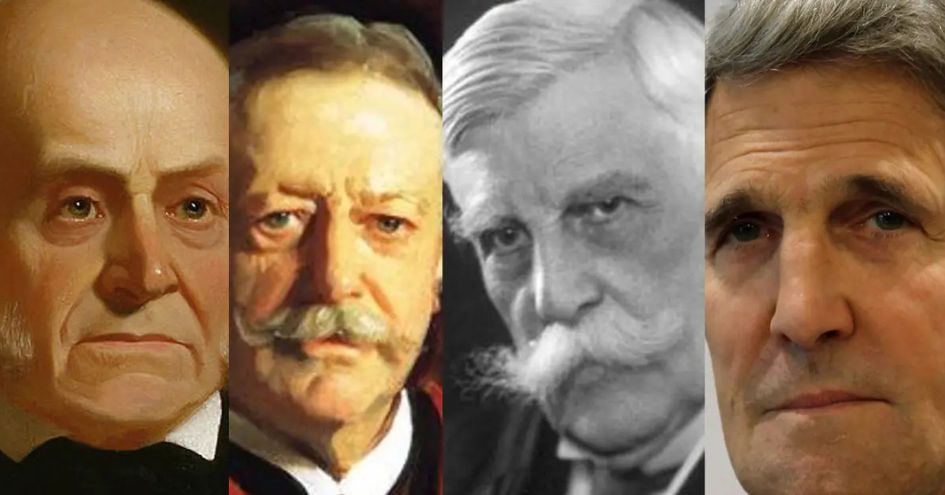
By 1860, famed doctor and author Oliver Wendell Holmes wrote a piece titled “The Brahmins of Boston.” It celebrated this elite circle of thinkers who had embraced Indian philosophy—not as exotic novelty, but as a living truth. Over time, Boston’s most cultured and wise were affectionately dubbed “The Brahmins of Boston,” a title that would remain etched in American intellectual tradition for generations.
While much of America burned in war, Boston quietly meditated.
From Columbus' brutal arrival to the blood-soaked fields of the Civil War—a conflict that took nearly 800,000 lives—the land was drenched in violence. Black and white, North and South, slavery and freedom, industry and agriculture—all clashed. It was, at its core, a war of conscience.
Could Sanatana Dharma, with its calm clarity and eternal truths, offer solace to such a wounded nation?
Though the spiritual wave receded during the war years, and even during the rise of post-war capitalism, the Bhagavad Gita’s timeless wisdom endured. The Transcendental Club, even under new names and faces, continued its sincere study. Yet none among them had ever met an Indian master, one who could breathe life into the verses they revered.
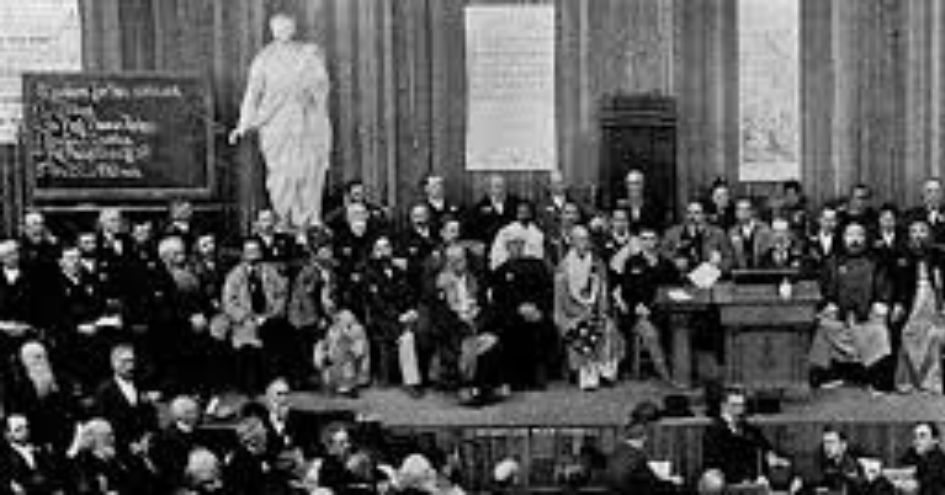
America waited...not for another shipment of goods, but for a seer, a torchbearer, a voice.
And six decades later, at the Parliament of Religions in Chicago, that voice finally thundered:
“Sisters and Brothers of America...”
When Swami Vivekananda uttered those words in 1893, the world stood still. It wasn’t just a greeting—it was the echo of dharma, the culmination of a journey that began with a humble parcel in 1833.
It was India’s spiritual return gift to the West.
And it all began... with the Brahmins of Boston
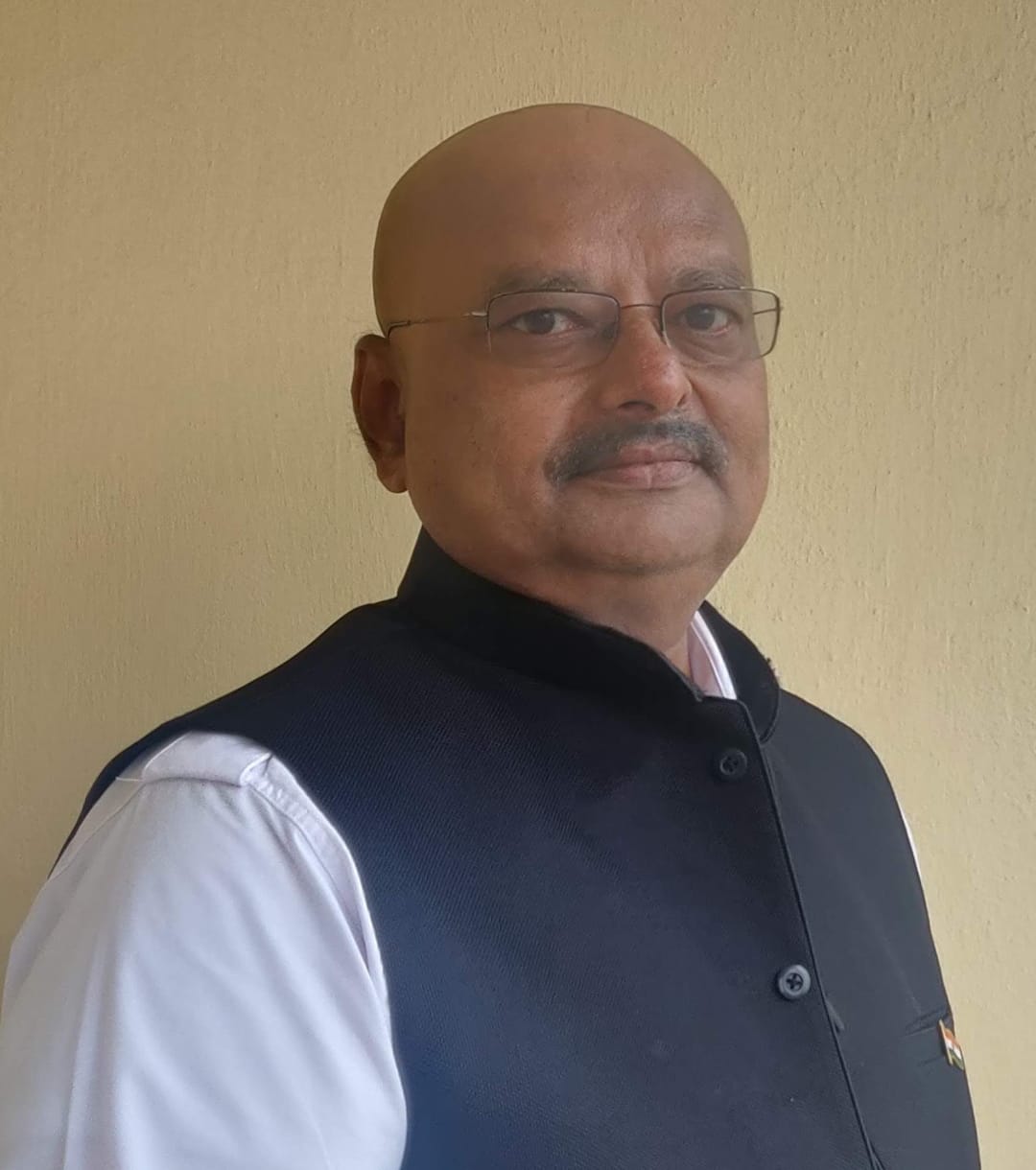 Wing Commander BS Sudarshan is a former Indian Air Force pilot with over 12,000 flying hours. He participated in Operation Pawan and Operation Cactus before he transitioned to civil aviation. A passionate writer, he has authored six books, including "Hasiru Hampe", appreciated by S L Bhyrappa, and the latest "Evergreen Hampi". He is a regular contributor to the Verandah Club.
Wing Commander BS Sudarshan is a former Indian Air Force pilot with over 12,000 flying hours. He participated in Operation Pawan and Operation Cactus before he transitioned to civil aviation. A passionate writer, he has authored six books, including "Hasiru Hampe", appreciated by S L Bhyrappa, and the latest "Evergreen Hampi". He is a regular contributor to the Verandah Club.
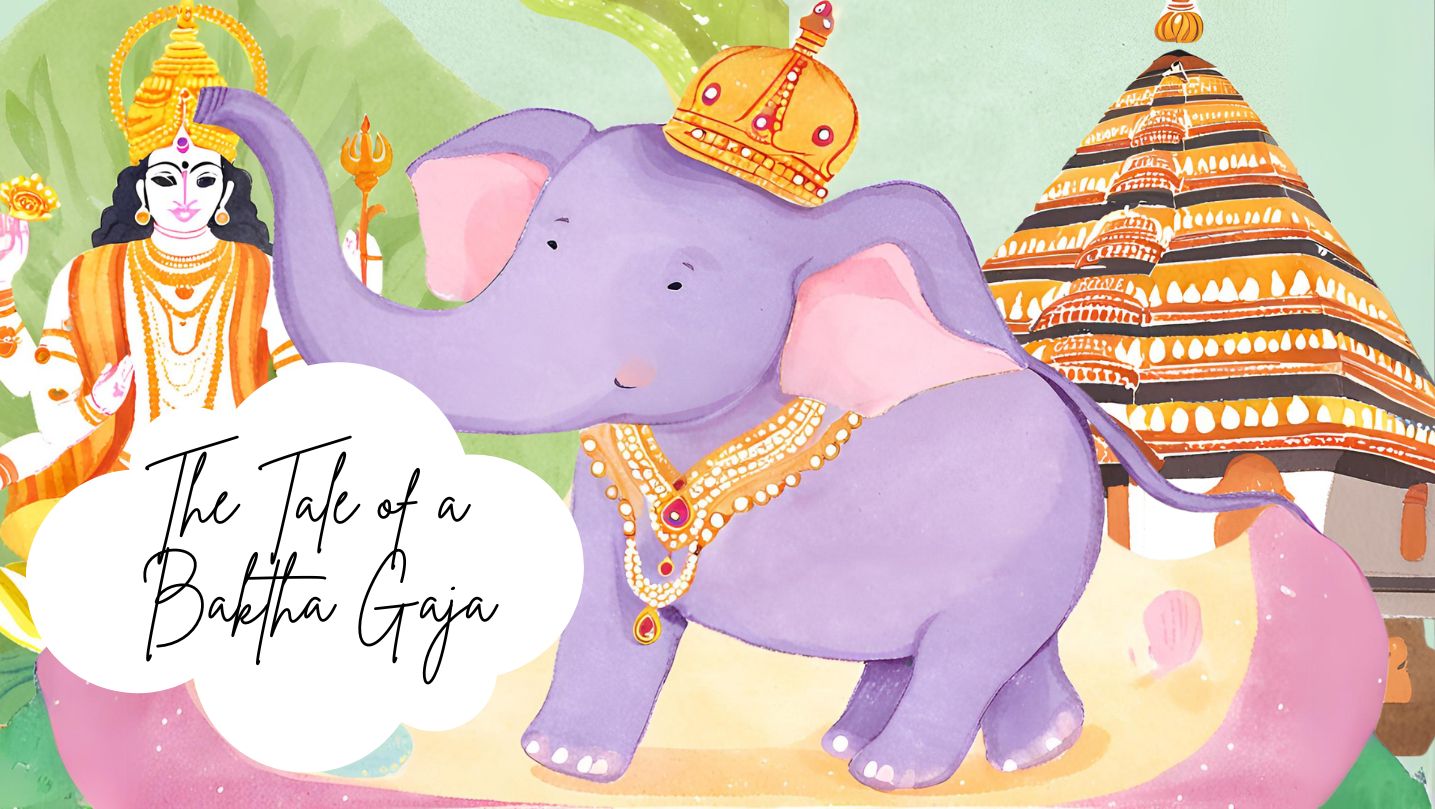
In the lush, green heart of Kerala lived an elephant who became a living legend - a tale of an elephant turned into a bakth. His name was Keshavan, bu...

Bharat has exploded onto the world scene and made global news with its hard-hitting “Operation Sindoor” that struck at the heart of terrorism and laun...
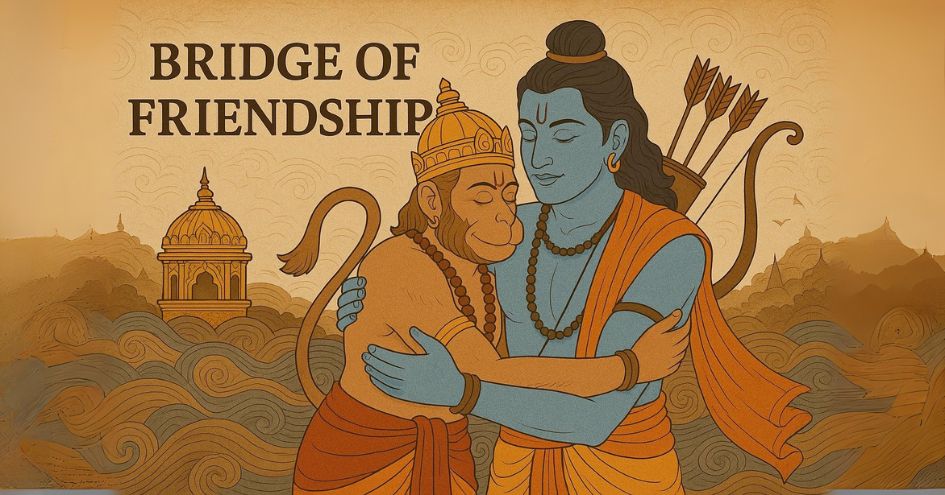
In the lush forests of Kishkindha, when Rama first met Hanuman, it wasn't just a meeting of two beings-it was the quiet reunion of two souls destined...